Let’s start by pointing out that this post is mostly about fire coming from outside of your home, like from a forest fire or grass fire or a house next door. It’s not about a fire starting when you forgot about the grilled cheese on the stove.
但在我们走出家门之前,我想确保你的家里有一个位置合适的烟雾探测器,一个大小合适的灭火器,以及(特别是如果你有一个燃烧木材的壁炉或煤气炉)一个一氧化碳探测器。这些简单的事情每天都在拯救着北美的生命。我不想粉饰这一点:火灾通常是快速的、不可预测的和灾难性的。现在去检查一下烟雾探测器的电池。我将等待。
Yup. There is such a thing as a 'housing catastrophe prevention conference’.
Speaking of catastrophes, I attendCatIQConferences yearly. The conferences are about protecting our homes, neighborhoods, businesses and cities from disasters.I attend because I’m a climate geek and climate change is a pretty constant topic for discussion. The conference draws people from all sectors including insurance, government, big business and non-profits because natural disasters, and especially weather disasters, impact on all of us. We can all manage risk better, yes? Except we don't manage risk well. We don’t even want to think about risks.
Take for example how we manage fire risks. Over 3800 people die in house fires in the US every year. There are about 24,000 house fires each year in Canada, resulting in an average of 377 deaths and 3,048 injuries per year. One fire, the Fort McMurray, Alberta wildfire, was the most expensive natural disaster in Canada, causing an estimated $9 billion dollars in cumulative damages.
That fire started in a drought in a forested area well outside the city limits then quickly engulfed whole neighborhoods and forced the evacuation of 88,000 people. Miraculously nobody died in that castastrophe, but I bet folks in Fort Mac think a bit more about fire risk now. I’m sure we would all prefer to cut our risk before a big event like this, yes?
The keynote speaker at the conference a couple of years ago was Roy Wright, the president of the Institute for Business and Home Safety in the US. While you're at it, check out theCanadian equivalent here. They both have excellent online resources for reducing risk to your home.
Wright talked a lot about recent fires in California, and while conditions on the west coast are somewhat unique, there are lessons for all of us about how fire behaves. Of course, homes within urban areas with piped services and fire hydrants and nearby fire stations are better protected, but many of us live in suburbs in what planners, fire officials and insurers call the wildland urban interface.
Also, many of our homes are in rural areas, more so as COVID has resulted inan exodus from city cores across North America对许多人来说,住在农村是他们的梦想。在大迁徙之前的最新数据表明,目前在我国的荒地-城市界面(WUI)有近4500万套住房。以下几点是为那些不在市中心的人准备的。
House fire risk reduction: a hot topic...
Some interesting facts for homeowners. First, for those of us building on hills for the view, flames accelerate up hills. Second, everyone loves trees, but many parts of North America are trending towards longer dry periods punctuated by thunderstorms.This increases fire risk, especially in coniferous forests. Third, apparently sustained winds of 30 to 40 kms/hr (25 mph) are perfect for supplying oxygen to a fire and spreading embers.
Embers are a big concern because they can travel long distances and they jump spaces with no combustible material (e.g. roads and rivers). Fourth, flammable building materials (think asphalt shingles) are a concern if they are not fire-rated. But, Wright said in the California fires the main concern was closer to the ground - mulch, dry leaves, wood decks and wood or vinyl siding at or near grade level, firewood piled against the house, fencing and sheds attached to the house, trees close to the house and so on.
最近的研究发现,风吹来的余烬撞击房屋,并落到墙上的地面上,在那里它们点燃了任何可燃物。赖特指出,在天堂大火——加州历史上最致命的火灾之一——中幸存下来的房子有一个共同点:房子附近没有可燃物。即使是在地基周围几英尺的石头也会产生很大的不同。
减少家庭火灾风险的预防措施。
It’s not always top of mind to think about fire when you’re looking for a home, but if you want to buy in the wildland urban interface, maybe consider fire risk and distance to the nearest firefighters.Are they volunteers? Is the road accessible to big fire trucks and other emergency services?
如果你已经住在农村地区的家中,要注意你所在地区的盛行风,并采取相应的预防措施。如果你在森林里,特别是如果你在山上,在你的房子周围创造一些开放的空间,特别是考虑到盛行风。还要注意,松柏,尤其是雪松,在房子附近是有风险的。

Keep combustibles away from your house including firewood and wood sheds and fences. Wright said "putting mulch around your house is like spreading boxes of matches up against your house". Keep dry leaves away, especially under decks. In a drought, dry grass may burn faster than a person can run, so considerdrought-resistant landscapingrather than a lawn.
Clean leaves out of gutters because they can catch embers. Maybe consider stone patios instead of ground-level decks. Remove or prune trees that are too close, and clear dead branches strategically.See herefor more great tips.
And here’s a radical idea: why not talk to your neighbors about fire resilience – especially if you see that their property elevates fire risk on your property. And plan your escape route for the worst-case scenario. if you are upwind and/or uphill from a bad fire, get ready to flee, along with the emergency kit you have already prepared and placed by the door.
How do you build fire resistant homes?
If you’re building, please consider that building codes in North America evolved largely as a response to deaths in house fires. When planning a site, remove trees close to the house.Many will die over the years anyway from construction damage, and dead trees burn well.
In a high-risk area consider a non-ventilated roof because fire often enters soffits and torches the attic. Advocate for steel roofing and non-combustible cladding close to grade. Think twice before you build a wood deck or shed against a rural home.
在内部,确保你遵守关于暴露的易燃材料和框架防火的规范。使用有执照的安装人员安装木材或燃气设备。考虑到有线烟雾探测器和洒水装置的成本效益分析……尽管当我们谈论人类生活时,CBA是愚蠢的,对吗?
Yeah... maybe I sound paranoid about fire, but it's earned. A rather dramatic incident in my life and some research have given me a profound respect for fire. Some simple preparations now can make a huge difference. Be aware and prepared, not scared! Now did you check those batteries in your smoke detectors yet?
Gary Martin was a builder and remodeler for a couple of decades. Now he studies, consults and rants about sustainable housing.
Now that you know more aboutprotecting your home from wildfires, andhow to build homes to resist wildfires, find more pages aboutsustainable and resilient green building techniques here:
Find more aboutgreen home constructionin the EcoHomeGreen Building Guide pagesor to learn more aboutthe benefits of a free Ecohome Network Membership, see here. |


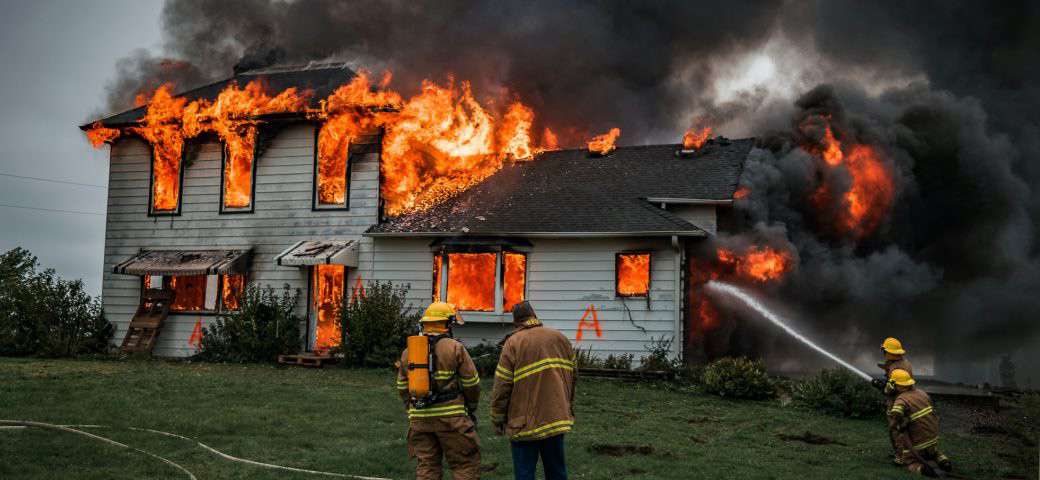
















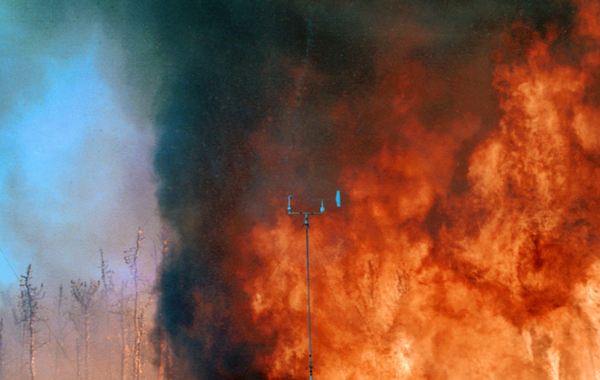
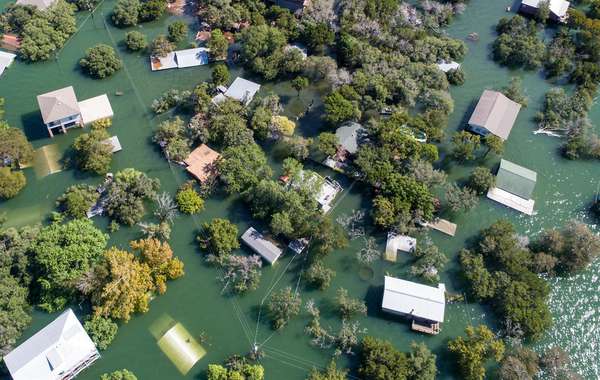
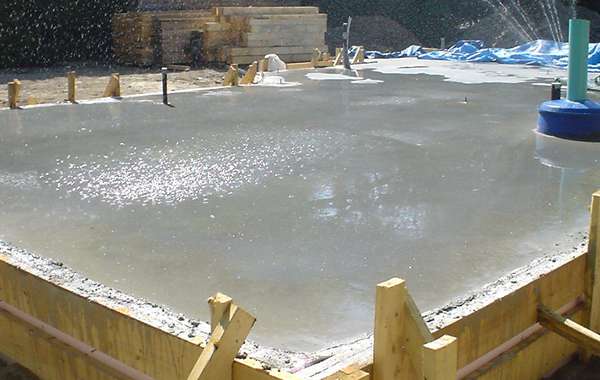
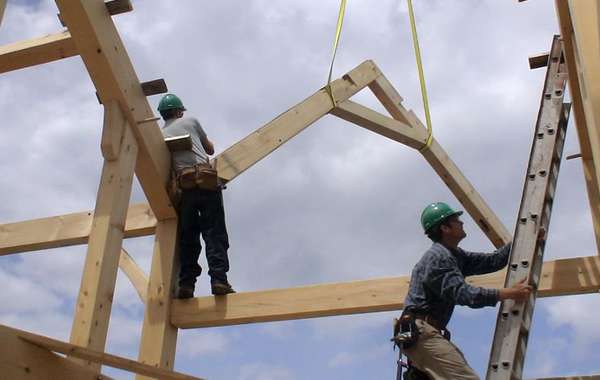
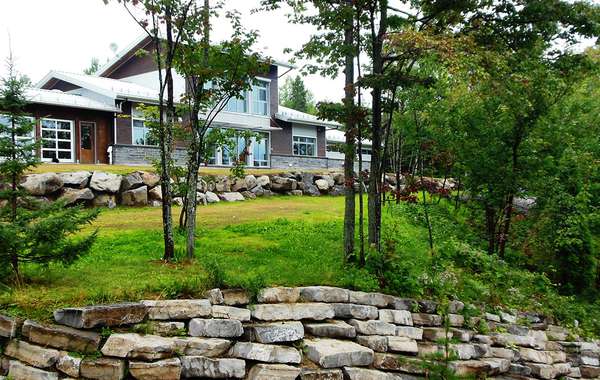
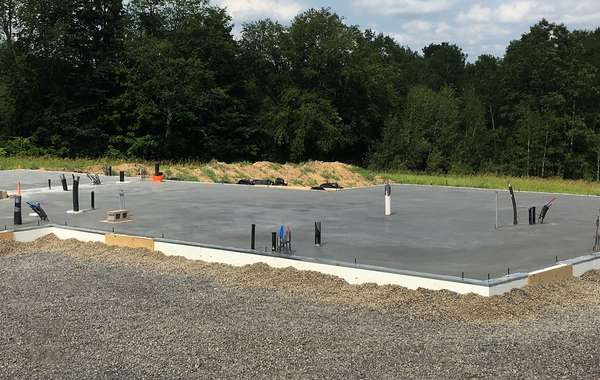
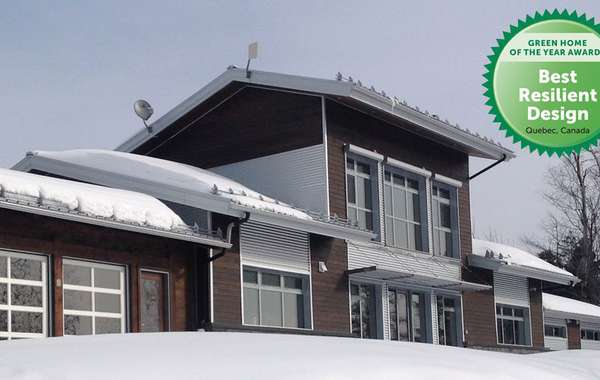
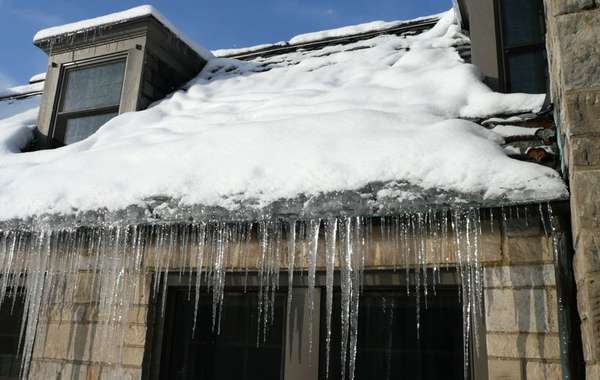
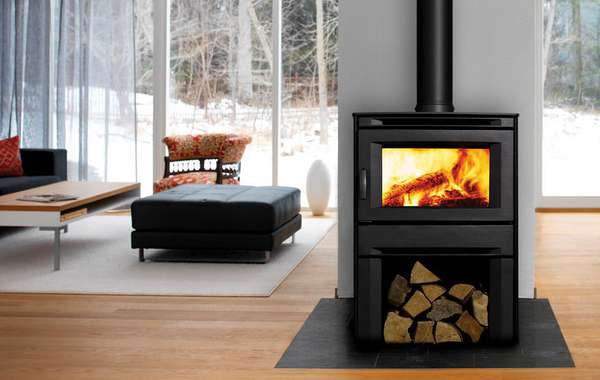
Comments (0)
Sign Up to Comment